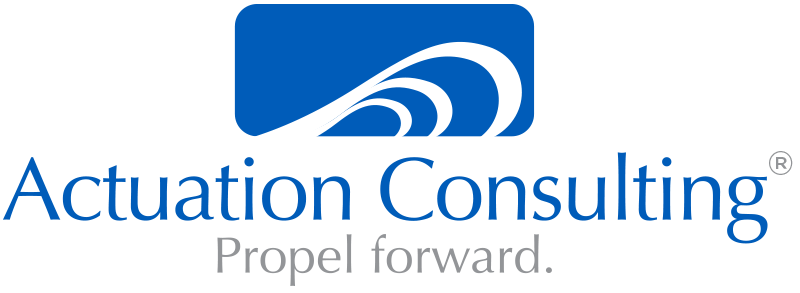Part Two of my Interview with Rich Mironov on Product Management and Entrepreneurship
You can read part one by clicking here.
(Greg) Steve Blank’s The Four Steps to the Epiphany is a fantastic book that many early stage companies refer to as they begin the journey to a successful company. As I read the book I took a lot from it and it’s helped shape my thinking as a product management professional. I’m assuming you’re quite familiar with it as well. My sense in reading the book is that Steve is luke-warm on the product manager concept in early stage companies yet I think it should be a mandatory product manager read. What product management lessons, if any, did you walk away with after reading the book?
(Rich Mironov) Lesson number one: Get out of the building! Even though this is fundamental to every start-up’s success, I spend time every week with companies (or entrepreneurs) who have not talked with a single member of their intended audience. Not one. They whiteboard and theorize, but don’t get out of their chairs to ask prospects for candid, serious reactions to product concepts. I’ve made this mistake myself – after decades of lecturing others about real market input. At one of my recent start-ups, I spent too much time listening to my technical team and very little time validating with customers. (Steve’s advice is easy to hear, but hard to follow.)
I learned another valuable lesson, not from Steve’s book, but from a 2010 Silicon Valley Product Management presentation. See http://steveblank.com/2010/09/02/why-product-managers-wear-sneakers/. Steve made the point that founders will never believe product managers who bring back contrary results from the market. If a product manager at a start-up wants the founders to believe what’s happening in the market – which is different from what the founders already believe – the product manager must bring a founder along to hear it directly. Otherwise, founders will always have a reason why the (newly arrived) product manager asked the wrong questions, or misunderstood the product, or talked with non-prospects. Steve is obviously right, and I had lived through this several times, but had never identified the pattern.
(Greg) What qualities should a successful start-up product manager or owner have?
a) Boundless enthusiasm. A start-up is a lifestyle, not just a job. Expect late nights, rollercoaster mood swings, obsessive IM’ing, family members tired of hearing about it. Be young, or young-at-heart.
b) Flexibility. Start-ups are necessarily chaotic. Product managers who truly believe in an orderly universe find this extremely uncomfortable/frustrating. Successful start-up product managers crave the next bit of market learning, don’t get emotionally committed to any one approach, and are adept at contingency planning. They embrace daily change.
c) Cheerful but accurate memory. Founders approach each day fresh, so they often forget what was decided at the weekly staff meeting – or forget the rationale for decisions. A start-up product manager is the one to (gently, cheerfully, non-judgmentally, personably) remind the team of why bringing on another new integration partner means abandoning some other partners, or we chose not to change our pricing model and penalize our beta customers.
d) Judgment: Picking the right battles. Almost everything at a start-up can be improved, replaced, tuned or streamlined. Your job is to identify the very few decisions or processes that matter – that “move the needle” on revenue or product development. Consistent product numbering doesn’t matter, but avoiding priority bugs that horrify early customers does. You can only fix a few things at a time.
(Greg) Rich, can product managers that excel at start-up companies easily transition to mid-sized or large scale companies? What challenges do they face?
(Rich Mironov) I think start-up product managers (and start-up employees in general) have a hard time transitioning to larger companies. They’re used to broad decision-making scope, single-product focus, lack of cross-departmental politics, and the adrenaline rush of seeing your personal contribution convert immediately into revenue.
Challenges include: sitting through HR meetings about the 401(k) plan, believing that the annual budget’s meaningful, not being able to walk into the CEO’s office when you need something, realizing that co-workers keep regular hours and “have a life.” Presenting to your first strategy committee or internal advisory board.
My own threshold is at about 95 employees. Around that size, I realize that I don’t know every single employee by name. At 120 employees, processes feel rigid – time for me to replace myself with a mid-sized-company person.
This concludes the second part of my interview with Rich.
Greg Geracie is a recognized thought leader in the field of product management and the President of Actuation Consulting, a global provider of product management consulting, training, and advisory services to some of the world’s most well-known organizations. Greg is also the author of the global best seller Take Charge Product Management. He is also an adjunct professor at DePaul University’s College of Computing and Digital Media where he teaches graduate and undergraduate courses on high-tech and digital product management.

